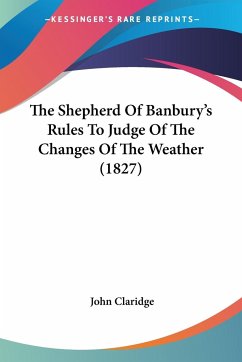
Kyoto Protocol
Versandkostenfrei!
Versandfertig in 6-10 Tagen
7,49 €
inkl. MwSt.
Weitere Ausgaben:

PAYBACK Punkte
4 °P sammeln!
The Kyoto Protocol is a landmark international treaty that represents a pivotal moment in global environmental governance. Written with meticulous attention to detail, the document establishes legally binding obligations for developed countries to reduce greenhouse gas emissions, thereby addressing the urgent issue of climate change. It employs a formal and regulatory style, rooted in legal frameworks, while simultaneously appealing to a collective moral responsibility to protect the planet. The Protocol comes in the context of growing scientific consensus about climate change's impacts, elabo...
The Kyoto Protocol is a landmark international treaty that represents a pivotal moment in global environmental governance. Written with meticulous attention to detail, the document establishes legally binding obligations for developed countries to reduce greenhouse gas emissions, thereby addressing the urgent issue of climate change. It employs a formal and regulatory style, rooted in legal frameworks, while simultaneously appealing to a collective moral responsibility to protect the planet. The Protocol comes in the context of growing scientific consensus about climate change's impacts, elaborating on frameworks to combat these challenges through multilateral cooperation. Crafted by representatives of the United Nations during the 1997 Framework Convention on Climate Change, the Kyoto Protocol emerged as a response not only to rising environmental concerns but also to the increasing visibility of climate science and its implications. The authors, working under the aegis of global governance, sought to implement strategies that would universally bind nations to proactive environmental action, reflecting the complexities of international relations and the shared aim of sustainable development. This essential text is a must-read for policymakers, students, and environmental advocates alike, as it offers critical insights into the operationalization of climate agreements. The Kyoto Protocol serves not only as a historical document but also as a foundational framework that informs ongoing climate discussions, making it indispensable for anyone interested in understanding the nexus of international law and environmental ethics.













